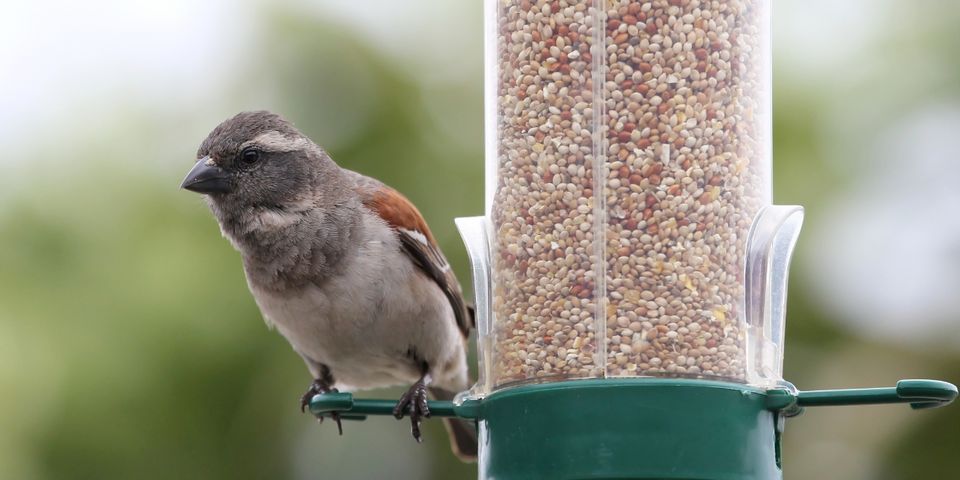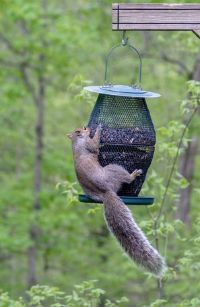4 Helpful Tips for Feeding Wild Birds

Feeding birds in your backyard is a relaxing way to start your mornings and enjoy the beauty of nature. If you’re just getting started, you might need some help attracting a diverse array of feathered friends to your home. Consider the following tips before you head to the feed store.
A Guide to Bird Feeding in Your Backyard
1. Choose the Right Feeders
Feed stores carry bird feeders in a variety of shapes, styles, and sizes. While many may look cute and fun, it’s important to look for a feeder that’s practical for birds. The ideal model should have a perch set away from the food to keep it from being soiled, as well as a drainage hole.
Make sure there are no sharp edges. If your home isn’t a hot spot for birds yet, you may also want a smaller feeder, which will run out of seeds faster and reduce the risk of spoilage.
2. Place Feeders Strategically

When placing bird feeders, keep them far away from windows to prevent collisions. It's best to put them in an open area, which also makes them harder for squirrels and chipmunks to reach.
For the best protection against critters, set up pole-mounted feeders at least five feet off the ground and far away from trees, rooftops, and other tall structures. Baffles—cone-shaped squirrel deterrents—placed below the feeder will help prevent them from climbing the pole.
3. Offer a Variety of Birdseed
One of the most common mistakes beginner bird feeders make is only purchasing one type of birdseed. A mixed assortment of seeds will bring you an excellent variety of birds.
Black-oil sunflower seed is a favorite among many birds, including chickadees, blue jays, cardinals, and sparrows. Thistle will draw in goldfinches, and nectar attracts hummingbirds. Suet is a cake of animal fat, which provides a healthy source of protein for birds. This is a smart option to stock up with in the winter.
4. Clean Feeders Regularly
Leftover seeds can become soggy from rain and moisture in the air, which may attract mold growth. Moldy seeds are dangerous for birds to ingest. To keep them safe, empty and clean all feeders at least twice a year, or more often if the humidity is particularly high.
Scrub the container using dishwasher detergent and a rough sponge or bottle brush. Throughout the year, you should also clean spilled seeds and sunflower hulls from below the feeder.
If you need quality birdseed and feeders, come to Gregg Farm Services in Gassville, AR. This feed store is Baxter County’s leading source of farm supplies and livestock feed. Their knowledgeable staff will help you find the right tools and supplies, whether you need a custom mix of livestock feed or fertilizer for your garden. Visit their website to browse their selection of birdseed, feed, and supplies. Call (870) 481-5165 to speak with a friendly team member.
About the Business
Have a question? Ask the experts!
Send your question

.Ws4_gTOfZ.png)